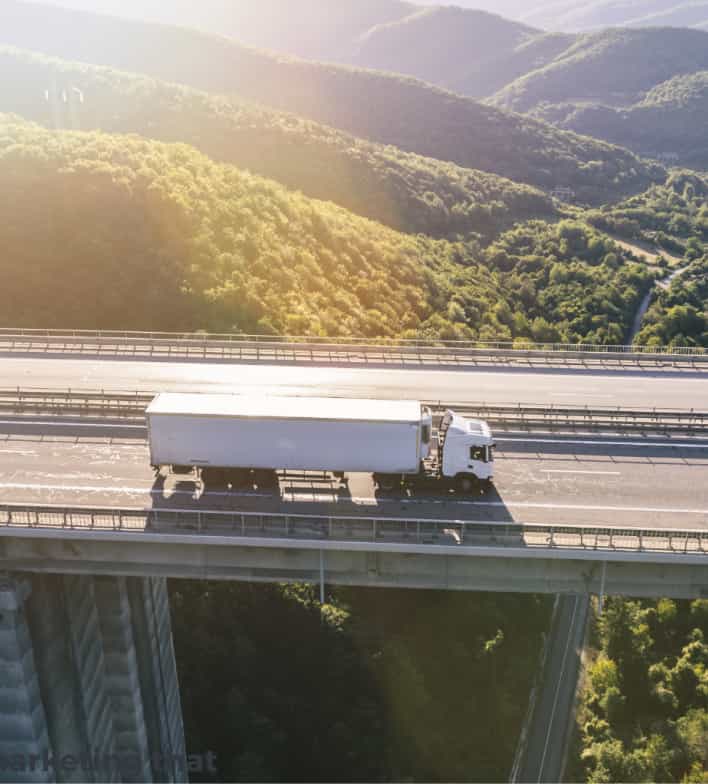In an era of unprecedented connectivity, the concept of "global logistics" has transcended its traditional definition of simply moving goods from one location to another. It has become a dynamic and intricate process that not only drives international trade but also shapes economies and influences consumer experiences worldwide. From sourcing raw materials in one part of the world to delivering finished products to doorsteps across the globe, global logistics is crucial in molding the contemporary global marketplace.
The Evolution of Global Logistics
At its essence, global logistics is the art and science of managing the movement and storage of goods across international borders. This encompasses a wide range of activities, including transportation, warehousing, distribution, customs clearance, inventory management, and information exchange. The efficient orchestration of these elements ensures that products are delivered to the right place, at the right time, and in the right condition.
Global logistics involves a complex web of interconnected systems that must navigate numerous challenges, from geopolitical factors to technological advancements. Here, we explore some of the critical challenges facing the industry:

The Challanges of Global Scale
Geopolitical Factors: Political instability, trade agreements, tariffs, and regulatory differences between countries can significantly impact the flow of goods. Supply chain disruptions due to political events underscore the need for adaptability and robust risk management strategies. Companies must stay informed about global political climates and develop contingency plans to mitigate potential disruptions.
Infrastructure and Transportation: Effective global logistics relies heavily on robust transportation networks, including ships, planes, trucks, and trains. Delays, congestion, and infrastructure inadequacies can hinder the movement of goods, leading to increased costs and potential bottlenecks. Investment in infrastructure improvements and the adoption of smart logistics technologies are essential to overcome these challenges.
Technological Advancements: The rapid pace of technological innovation presents both opportunities and challenges for global logistics. Technologies such as the Internet of Things (IoT), blockchain, and artificial intelligence (AI) have the potential to revolutionize logistics operations by improving transparency, efficiency, and security. However, integrating these technologies into existing systems can be complex and requires significant investment.
Environmental Concerns: As global awareness of environmental issues grows, logistics companies face increasing pressure to adopt sustainable practices. This includes reducing carbon emissions, optimizing fuel consumption, and minimizing waste. Companies that prioritize sustainability not only contribute to environmental protection but also enhance their brand reputation and meet the evolving expectations of eco-conscious consumers.


The Future Landscape of Global Logistics
In conclusion, global logistics is the backbone of international trade, seamlessly connecting suppliers, manufacturers, distributors, and consumers around the world. As the world becomes more interconnected, the challenges and opportunities in this field will continue to shape the way goods are transported, stored, and delivered. With technology serving as a catalyst, the evolution of the logistics industry promises to be exciting, innovative, and impactful.
Companies that embrace technological advancements, invest in infrastructure, and prioritize sustainability will be well-positioned to navigate the complexities of modern global logistics. By doing so, they can ensure the efficient and reliable delivery of products, meet the changing demands of consumers, and contribute to the growth and stability of the global economy.



